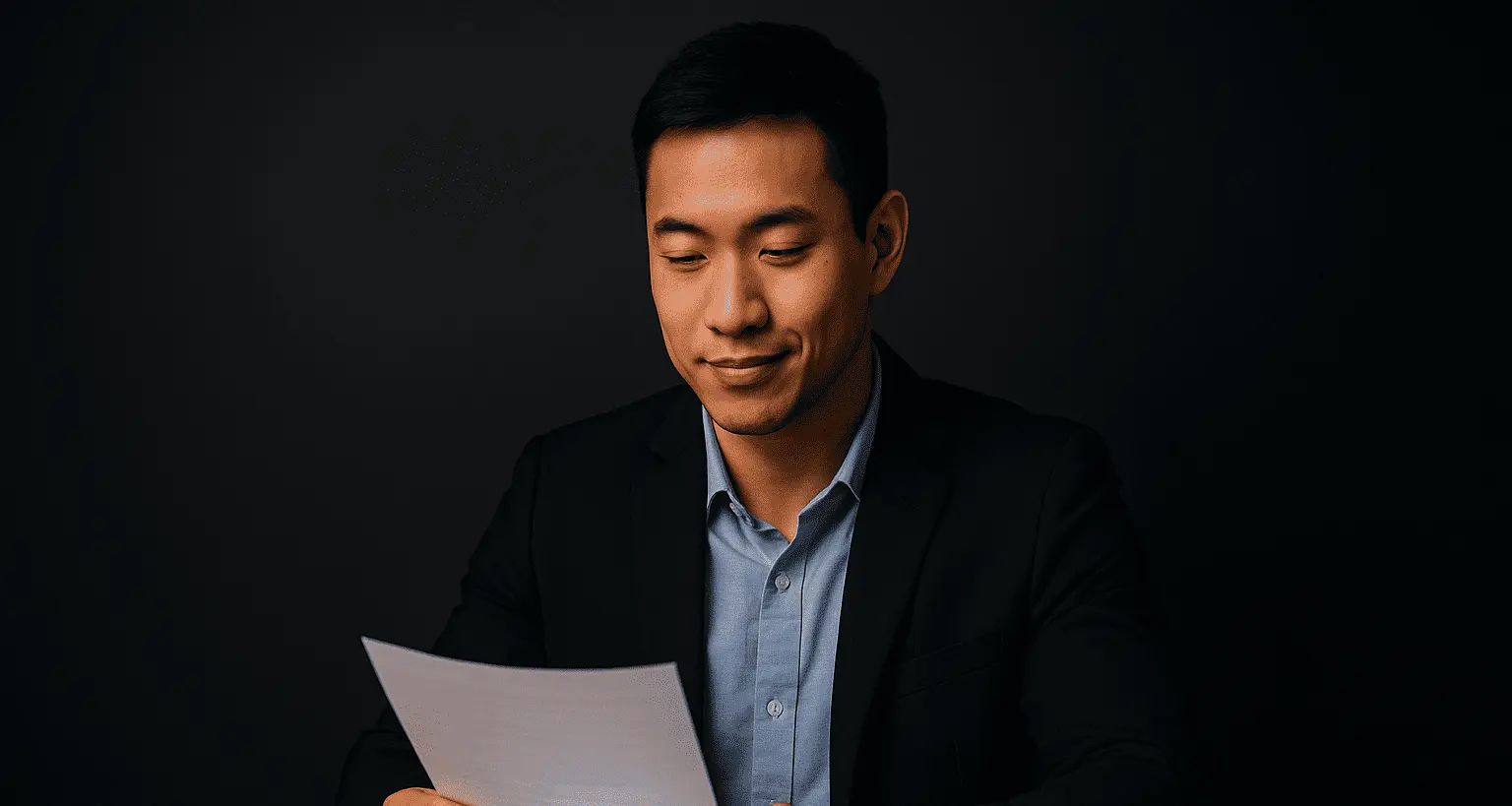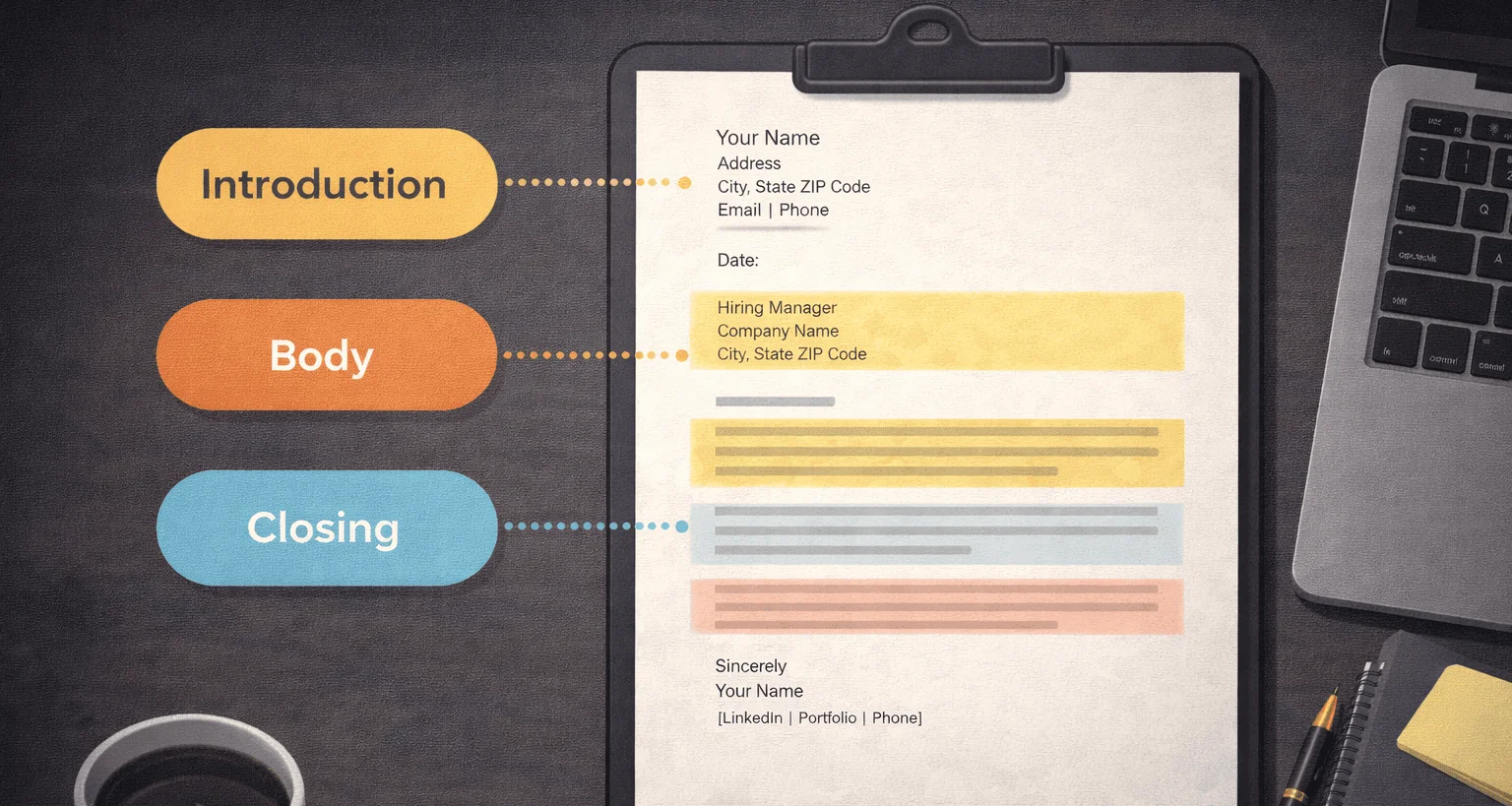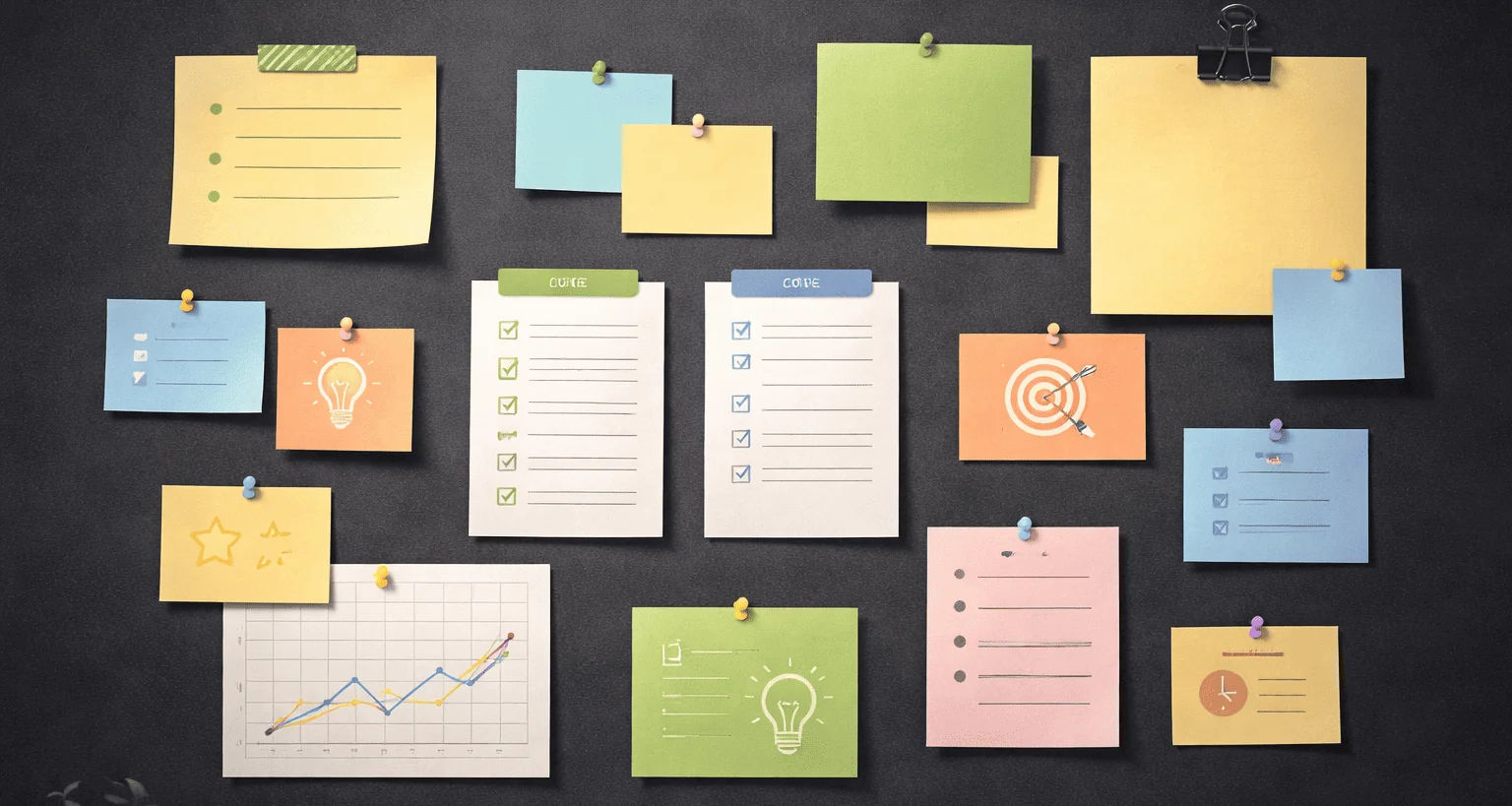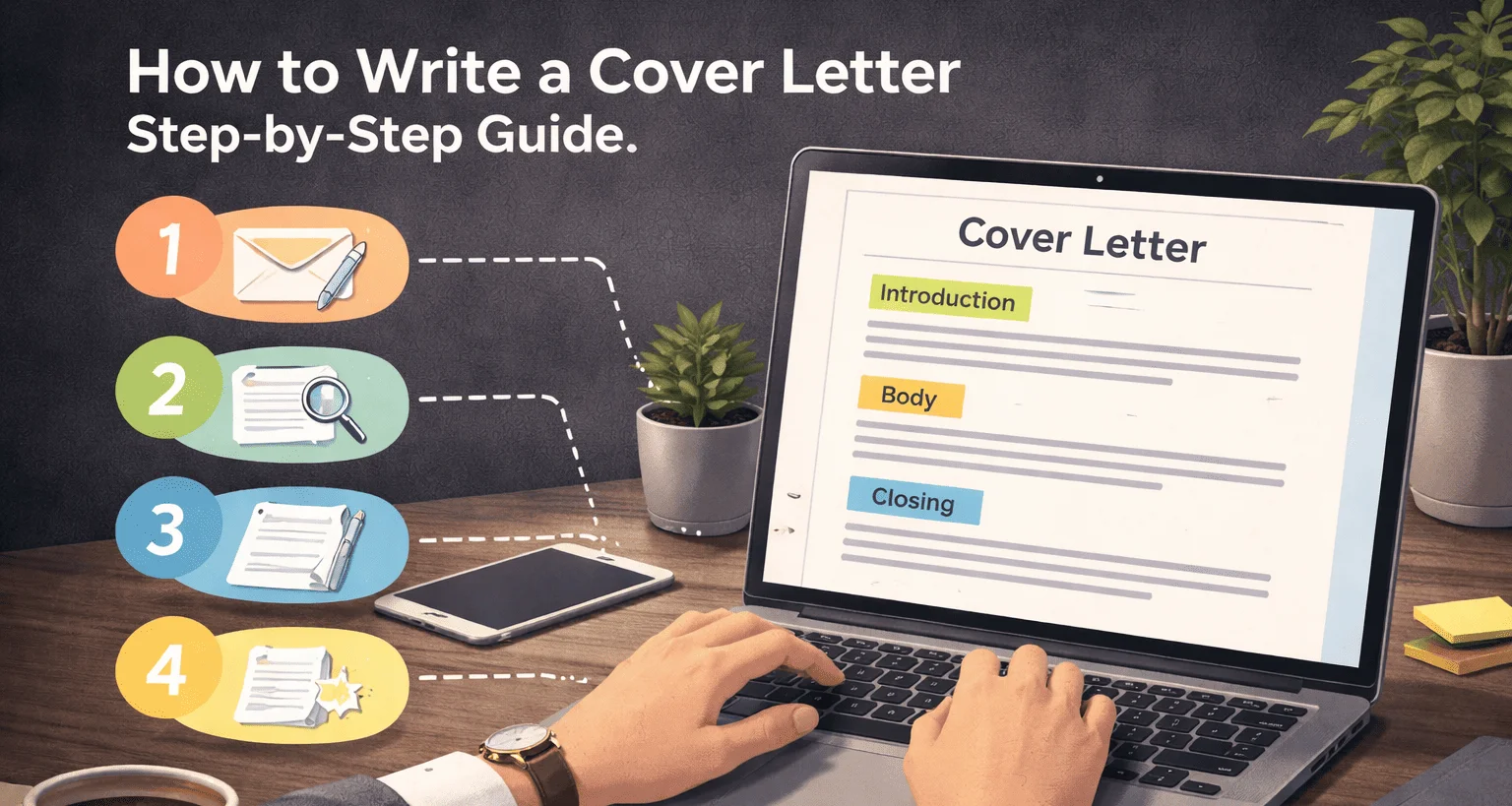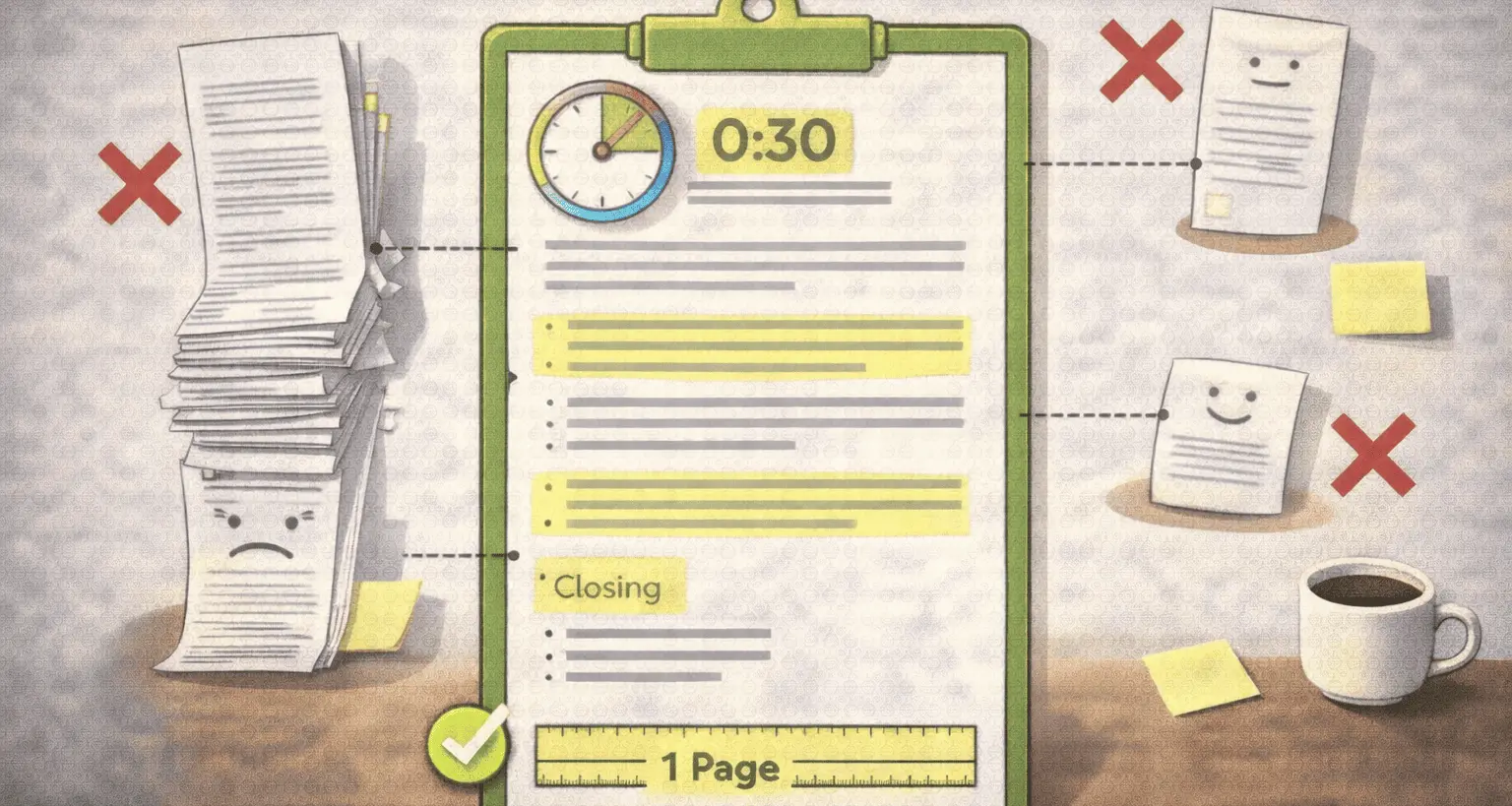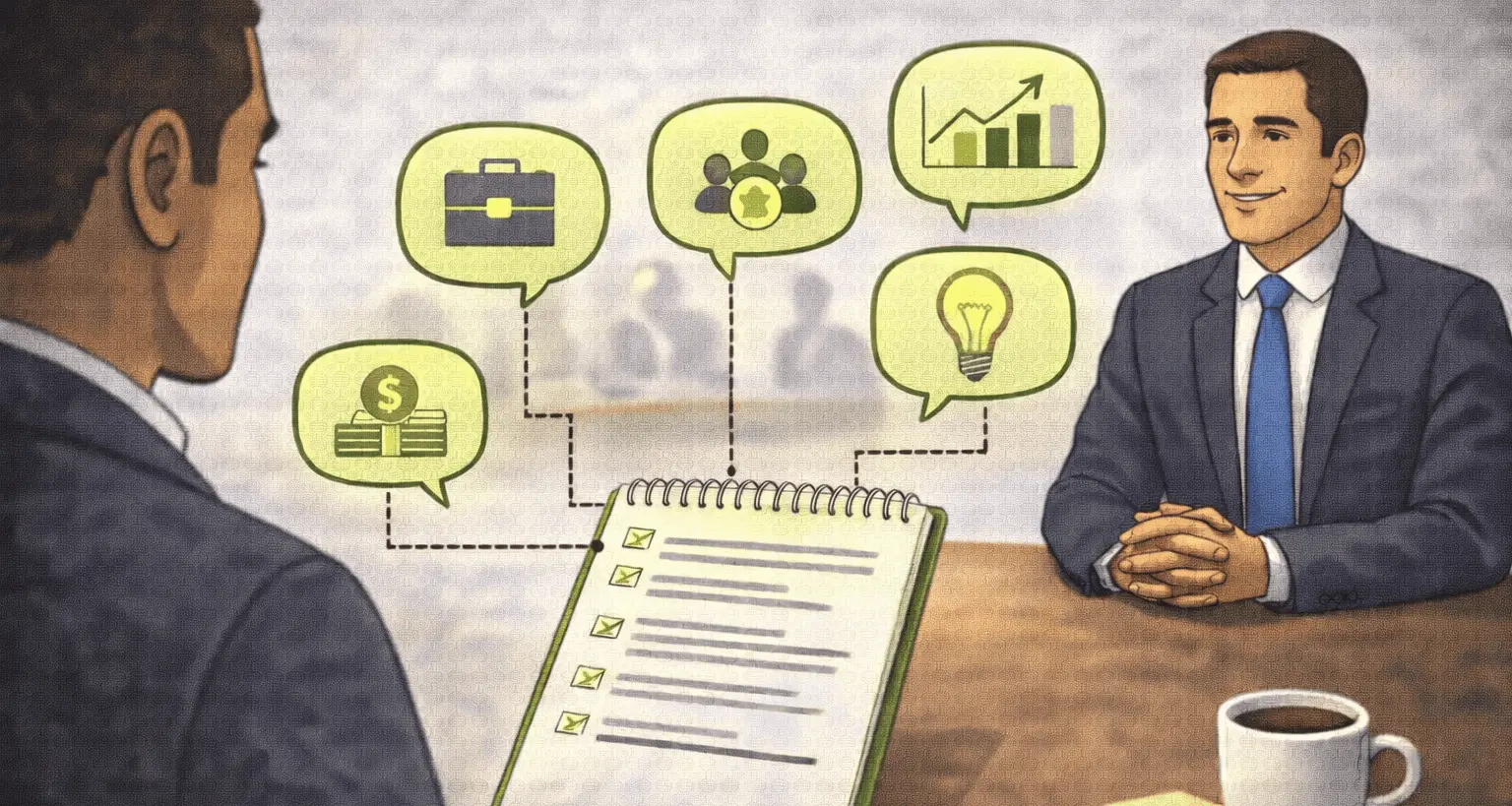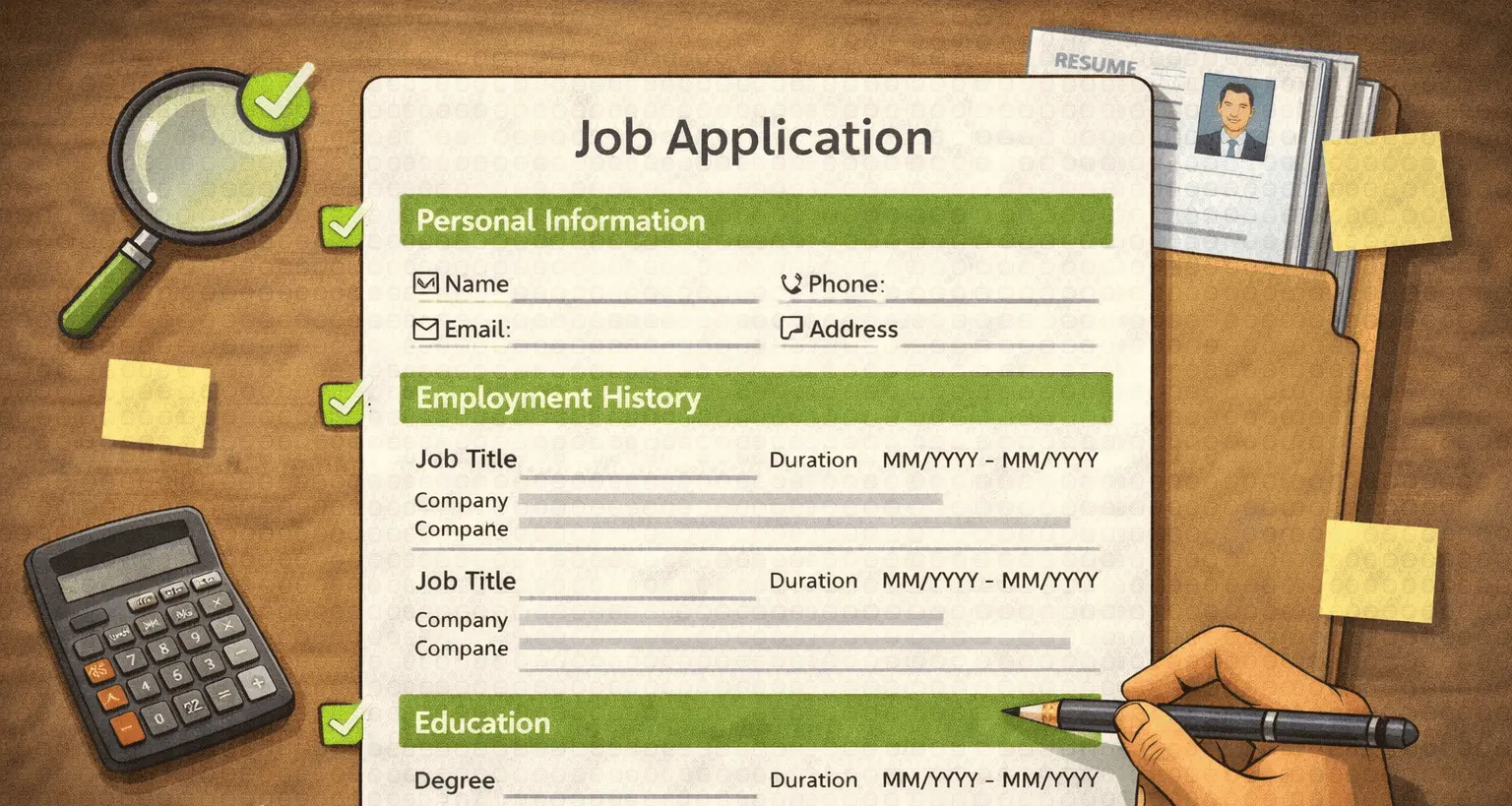The moment you land an interview, excitement mixed with anxiety kicks in. You know this is your shot—but how do you actually ace it? Whether it's your first interview or your fortieth, the pressure to perform feels real. The truth is, knowing how to ace a job interview isn't about being naturally charismatic or having perfect answers memorized. It's about strategy, preparation, and presence. In this guide, I'll walk you through proven tactics that transform nervous candidates into interview-crushing professionals who leave hiring managers impressed and eager to extend offers.
I've seen firsthand what separates candidates who get callbacks from those who don't. It's rarely about being the smartest person in the room. Instead, it's about showing up prepared, connecting authentically, and demonstrating clear value. By the end of this article, you'll have a battle-tested framework to ace your next interview with confidence. Let's dive into the strategies that actually work.
Understanding What It Really Means to Ace a Job Interview
Before we talk tactics, let's define what acing a job interview actually means. It's not flawlessly reciting answers or never stumbling over words. Real success is about creating a compelling narrative where you're positioned as the solution to their problem. To ace a job interview means you walk out having proven three things: you understand the role deeply, you can deliver results in that space, and you're someone they'd genuinely want to work with.
Hiring managers aren't looking for perfection—they're looking for alignment. Can you do the job? Will you grow in the role? Do you fit the team culture? When you ace a job interview, you answer all three questions so clearly that saying yes becomes obvious. This mindset shift is powerful. Instead of trying to impress with fluff, you're focused on connecting your strengths to their needs. That clarity resonates.
The stakes are high because this interview might be the only chance to make your case in person. Most candidates spend hours applying but minutes preparing to talk about themselves. That's backwards. To ace a job interview, you need to invest time upfront. Not weeks—but thoughtful, focused hours that pay massive dividends when you sit down across from the hiring team.
The Pre-Interview Foundation: Research That Separates Winners From the Rest
You can't ace a job interview without knowing who you're talking to and what they actually need. Deep research is your secret weapon. Start by reading the job description like a detective. Look beyond the surface—parse out the real priorities hidden in those bullet points. If the listing mentions "fast-paced environment" five times, they value speed and decisivity. If they emphasize "cross-functional collaboration," find examples in your background that prove you thrive working across teams.
Next, become an expert on the company. This isn't just browsing their homepage:
- Read their latest earnings reports or funding announcements to understand strategic direction
- Check LinkedIn to see who's hiring, which suggests growth areas or turnover patterns
- Review their product or service changes from the past six months to catch momentum shifts
- Scan their blog or content to understand their target audience and messaging style
- Look at your interviewer's profiles to identify common ground and conversation angles
- Research competitors so you understand the market forces they navigate
This research signals genuine interest and critical thinking. When you mention their recent product launch or reference an article their CEO published, interviewers take notice. To ace a job interview, you're not just answering questions—you're having a substantive conversation about their business.
Mastering the STAR Method to Nail Behavioral Questions
Behavioral questions are where candidates either ace or crash. "Tell me about a time you led through change" or "Describe a situation where you handled a difficult stakeholder." These questions are trying to predict future behavior based on past actions. Interviewers expect stories—not generic philosophies. To ace a job interview, you need 5-7 battle-tested STAR stories ready to deploy.
STAR stands for Situation, Task, Action, Result. Here's the winning formula:
- Situation: Paint a vivid but concise picture. "We were a team of four developers trying to launch a new feature against a tight deadline, but we kept hitting blockers with the legacy system."
- Task: Make clear what your responsibility was. "As tech lead, I needed to unblock the team and find a path forward that didn't compromise quality."
- Action: Get specific about what YOU did. "I pulled together a working session to map out dependencies, identified we could refactor the integration in parallel, and created a phased approach that reduced our bottleneck by 40%."
- Result: Quantify the outcome and impact. "We shipped on time, quality actually improved because the refactor caught bugs, and the approach became our template for future launches."
The magic is in the specificity and the focus on YOUR actions and the outcomes that resulted. Not "we did this"—YOU did this. Not vague wins—measurable, concrete results. Practice these stories out loud until they feel natural. When you can deliver a polished STAR story in under two minutes that directly maps to what the role requires, you'll ace that question nearly every time. For deeper insights on this technique, check our STAR guide.
Owning the Classics: Top Interview Questions Answered Like a Pro
Certain questions come up in almost every interview. To ace a job interview, you need these down cold—not memorized robotically, but internalized so you can deliver with confidence and authenticity.
"Tell Me About Yourself" – This sets the tone for everything. You get 60-90 seconds. Craft a narrative that walks from your past, highlights your relevant strengths, and lands on your excitement for this specific opportunity. Don't recite your resume. Instead, tell a mini-story about your professional journey. "I started in operations, but quickly realized I loved the customer-facing side. That led me to product management, where I could shape the experience directly. In my last role, I owned the entire lifecycle of our most strategic product, going from concept to $5M in revenue. I'm now looking for an environment where I can scale that impact while mentoring others—and your company's growth trajectory is exactly that opportunity." Boom. They know who you are, what drives you, and why you're here.
"Why Do You Want This Job?" – Generic praise kills your credibility. Instead, blend authentic interest with specific alignment. "Honestly, when I researched your company, three things clicked. First, your focus on accessibility means your product impacts how millions of people interact with the internet—that matters to me. Second, the engineering team here writes incredibly clean, documented code, which I value because it makes for better collaboration. And third, this role would let me bridge engineering and product, which is exactly the next evolution I want in my career." You've shown you did research, you have personal values that align with theirs, and you're thinking about your growth. That's compelling.
"What Are Your Strengths?" – Pick 2-3 that directly match the job description, and back each with proof. Not "I'm detail-oriented," but "I have a track record of catching critical errors early—like when I found a compliance issue in our data pipeline that could've cost us $100K in fines." Specific example, real business impact. That's how to ace this question.
"What Are Your Weaknesses?" – The trap here is either making it too cute ("I'm a perfectionist") or too damaging ("I really struggle with public speaking" for a customer-facing role). Pick something real but not disqualifying for THIS role, and show growth. "Early in my career, I'd jump straight into solving problems without fully understanding the context. It led to some rework. I realized that and now I always start with listening and questions. It's actually made me a better partner to stakeholders because they feel heard." You're self-aware, humble, and improving. That resonates.
"Where Do You See Yourself in Five Years?" – They're checking if you're ambitious but realistic, and if you'll stick around. "I want to deepen my expertise in this domain, potentially lead a team of 4-5 people, and become someone others turn to for technical guidance. I'm excited about growing with a company that values long-term relationships rather than constant turnover." You're not saying you'll run the company or leave soon. You're showing stable, realistic growth ambitions. That's what they want to hear.
When you can answer these questions with specificity, authenticity, and alignment to the role, you've cleared a major hurdle in acing your interview.
The Art of Active Listening and Responsive Dialogue
Here's what separates good interviews from great ones: Most candidates are so focused on delivering their prepared answers that they forget to actually listen. To ace a job interview, you need to be present and responsive. When an interviewer asks a question, pause. Think. Then answer what they actually asked, not what you prepared. If they dig deeper, adjust your story to address their specific curiosity.
Real conversation beats rehearsed monologues every time. Listen for the underlying question beneath the surface question. If they ask "Tell me about a time you failed," they're not looking for your biggest catastrophe—they're probing to see if you're self-aware, accountable, and able to learn. Your answer should reflect that. When they seem particularly interested in one aspect of your experience, expand there rather than following your prepared script rigidly.
This responsiveness shows confidence and genuine engagement. It transforms the interview from interrogation into dialogue. That shift makes you memorable in the best way.
Asking Questions That Demonstrate Strategic Thinking
When they ask "Do you have questions for us?"—this is your moment to flip the power dynamic. To ace a job interview, you're not begging for a job; you're evaluating them too. Your questions should reveal critical thinking, long-term perspective, and genuine curiosity about the role and organization.
Strong interview questions show different dimensions:
- Success focus: "What does success look like for this role in the first six months? How is that measured?"
- Team dynamics: "Can you describe the team's biggest strength, and where you see growth opportunities?"
- Strategic alignment: "How does this team's roadmap connect to the company's overall strategic priorities right now?"
- Culture understanding: "What's one thing you wish more people understood about working here?"
- Growth potential: "How do people typically progress from this role? Are there clear paths for advancement?"
- Operational reality: "What's been the biggest challenge for this team in the past year, and how are you tackling it?"
Avoid questions you could Google or that scream disengagement. Don't ask about vacation policy or salary this round—save that for when they've extended an offer. Your questions should feel like you're thinking about long-term fit, not just extracting information. Interviewers remember candidates who asked questions that made them think. That's a competitive advantage. For more inspiration, explore our guide on asking questions.
Body Language and Presence: The Silent Signals That Seal Deals
Your words matter, but research shows 60-70% of communication happens non-verbally. To ace a job interview, you can't just sound good—you have to look and feel confident. Start with posture. Sit up straight, shoulders back, but not rigid. Slouching reads as disinterest or lack of energy. Forward lean slightly shows engagement. When you stand or enter a room, take up space in a relaxed way. Don't make yourself smaller.
Eye contact is your relationship builder. Aim for 60-70% of the time—look someone in the eyes, break naturally, then re-engage. On video calls, look at the camera when speaking to simulate eye contact. Smiling genuinely at the start sets a warm tone. Even if you're nervous inside, a warm smile and firm handshake signal confidence. Your facial expressions should match the conversation—if you're talking about achievements, you should look proud, not blank. If you're discussing challenges, look thoughtful, not panicked.
Watch for nervous behaviors that undermine your message:
- Fidgeting with your phone, pen, or hair—keep hands visible and relatively still
- Crossing arms defensively—rest hands on the table or in your lap
- Bouncing your leg or tapping your fingers—ground yourself physically
- Speaking too fast when nervous—pause, breathe, slow your pace intentionally
- Monotone delivery—vary your pitch and pace to hold interest
Practice in front of a mirror or record yourself to catch these tics. When you combine strong content with polished presence, you create a powerful impression. Interviewers subconsciously respond to confident, calm candidates. That confidence comes from preparation meeting presence. To ace a job interview, show up as someone who belongs there.
Day-of Preparation: Set Yourself Up for Success
Lay out everything the night before: outfit pressed, resume copies, portfolio, and your key questions. Know your route and plan to arrive 15 minutes early. The morning of, prioritize sleep over cramming. Eat well, hydrate, and do light review—not intensive studying. A walk or brief exercise boosts confidence. A few minutes of deep breathing before you walk in centers your nervous system. Visualize yourself handling the interview calmly. These rituals prime you for peak performance.
The Follow-Up Masterclass: Turning Interest Into an Offer
Your interview doesn't end when you say goodbye. What happens next is critical to actually landing the job. Within 24 hours, send a personalized thank-you email to each interviewer. This isn't generic—it's specific. Reference something you discussed that mattered to you. "When you mentioned the team's goal to ship monthly releases, it resonated because speed and iteration are how I work best—exactly why this role excites me."
Your thank-you email should:
- Thank them genuinely for their time and perspective
- Reference a specific conversation point or insight you gained
- Reiterate your interest and how you'd contribute to their goals
- Keep it brief—three paragraphs max, no typos
- Make it easy to respond or move forward
Many candidates skip this, which is a mistake. A thoughtful follow-up reinforces your professionalism and keeps you front-of-mind. If you don't hear back within their stated timeline, a polite check-in a week later is fair game: "I remain very interested and happy to answer any additional questions." This persistence, done tactfully, shows dedication. For detailed guidance, explore our thank you email tips and follow-up email guide.
Your Path to Interview Mastery Starts Today
Acing a job interview is a skill—it improves with practice. You now have a framework covering research, storytelling, presence, and follow-up. Start with one step today: research a company, draft STAR stories, or schedule a mock interview. Each interview teaches you something. You don't need to be perfect—just prepared, authentic, and engaged. For more resources, explore our common questions guide, behavioral questions guide, and interview advice.

